According to the World Health Organization (WHO), perinatal death concerns babies who die from the 22nd week of amenorrhea, or weighing at least 500 grams, until the 7th day of life. But what about those babies who passed before these 22 weeks? What about emotional support for bereaved parents in a society where the subject is taboo? How to get through perinatal loss? Focus on a reality.

To remember that reality: Perinatal loss concerns parents who have lost a baby at any stage of pregnancy and up to several months, even up to the end of the child’s first year. It also concerns the various types of losses that can be encountered, namely voluntary termination of pregnancy (abortion, yes!), early or late miscarriage (FC), ectopic pregnancy (EMU), medical or therapeutic termination (IMG/ITG), fetal death in utero (MIU), death during or after birth and unexpected infant death (MIN). In Switzerland, perinatal bereavement affects about 1 in 4 births.
Losing a baby, and even more so when it has not yet lived outside its mother’s womb, is a taboo event in a society that already has a delicate relationship with death. Losing a parent is the past, losing a spouse is the present and losing a baby is the future. How can we project ourselves into the future when the future has just collapsed? What happens to the baby that was or is still in its mother’s womb? And no one dares to talk about it. The mother will have to deal with several clumsiness such as: « so when is it due? », « oh, you gave birth? « or nothing at all because she lost her baby early and she hadn’t announced it yet. She thus finds herself without any support and even sometimes with comments such as « it happens all the time, nature is well done, etc. ». from some professionals and other people. These reactions and comments are meant to be benevolent, although inappropriate, unlike the extremely cold and violent remarks that many parents have to deal with.
Understand the incomprehensible.
The parent experiencing the loss of a baby will go through a variety of emotions, both negative and positive, and it is important to understand that they may vary from day to day and may not last over time… You can’t say to a grieving parent, « She’s still not over it? But it’s been 6 months! ». Grieving is unique to each person, as are emotions, each situation is totally unique, and no two stories are the same, although some similarities can be observed. Often, the parents and the mother in particular need to talk about their experience, need to tell to give a place to this child, to express that he really existed. In these pregnancies that stop more or less late, there is a vaginal birth in the hospital, because it is a birth (caesarean sections are generally avoided so as not to weaken the uterus if a new pregnancy occurs soon after). To see or not to see your baby? To take him in her arms? Give him a name, take a picture? A funeral, a burial, a cremation? So many questions that no one thinks about, or at least rarely. In addition to this, there is a real postpartum with the usual lochia, the milk flow, maternity leave, the empty belly and the empty crib. Gone are the days when a general anesthetic was used to remove the baby, neither seen nor known, never to talk about it again and therefore not to have the possibility of mourning it. Nevertheless, there is still a lot of progress to be made by health care professionals and family members, especially in the area of inequality of treatment between institutions. Since January 2019, Switzerland has made it possible to register a baby in civil status regardless of the number of weeks he or she has lived in utero.
While I am writing this article, I tell myself that defining what perinatal loss is it is almost an impossible task, because the subject is so vast and individual, and because the grieving parents’ journey will depend on the context, the family history, the personal experience and the resources drawn from within, the process of the loss, the family and friends support, and the non-isolation. Often the people around you, they don’t dare to talk about it or ask questions because they are afraid of hurting the parents and rekindling their memories. But a parent who has lost his baby doesn’t need anyone to remember, he thinks about it every day and maybe even for the rest of his life? He’ll even be happy to hear his child’s name in someone else’s mouth. Some days will be filled with sadness, others with anger, and then some days will be filled with joy and wonderful moments, tender memories or regrets. Again, the reactions, emotions and experiences are totally unique, and everyone will react differently. Support in these moments is crucial and the implementation of rituals at each step can be beneficial.
The death of a baby is that cry from the womb, it’s that waking nightmare, it’s resilience – or not, it may be siblings with elders who don’t quite understand what’s going on and why that little sister or brother is no longer there. It is this silent birth, rocked by pushes and tears, where the very concept of existence reaches its climax: life and death linked together to welcome parents forever transformed.
To go further…
There are many associations, books, podcasts and Instagram accounts that deal with the subject. Here is a small selection of them from heart to heart.
Associations :
- www.naitretoile.ch
- www.agapa-suisseromande.ch
- www.petiteemilie.org/
- www.hug.ch/obstetrique/deuil-perinatal
- www.danscesmomentsla.com/
Instagram accounts :
Podcasts :
Books :
- Suzy Fréchette-Piperni, Les rêves envolés. Traverser le deuil d’un tout petit bébé, Éditions de Mortagne, 2005
- Chantal Haussaire-Niquet, G. Delaisi, M. Dumoulin, L’enfant interrompu. Accompagné de Le deuil périnatal, Flammarion, 1998
- Anne-Isabelle et David ARIYEL, Léa n’est pas là / Oscar et Léonard. Downloadable in .pdf

Rebeca Foëx-Castilla
Mother of Ethan, Amos et Numa
Doula in training & Perinatal loss support
Instagram @rebeca_doula
read her MotherStory

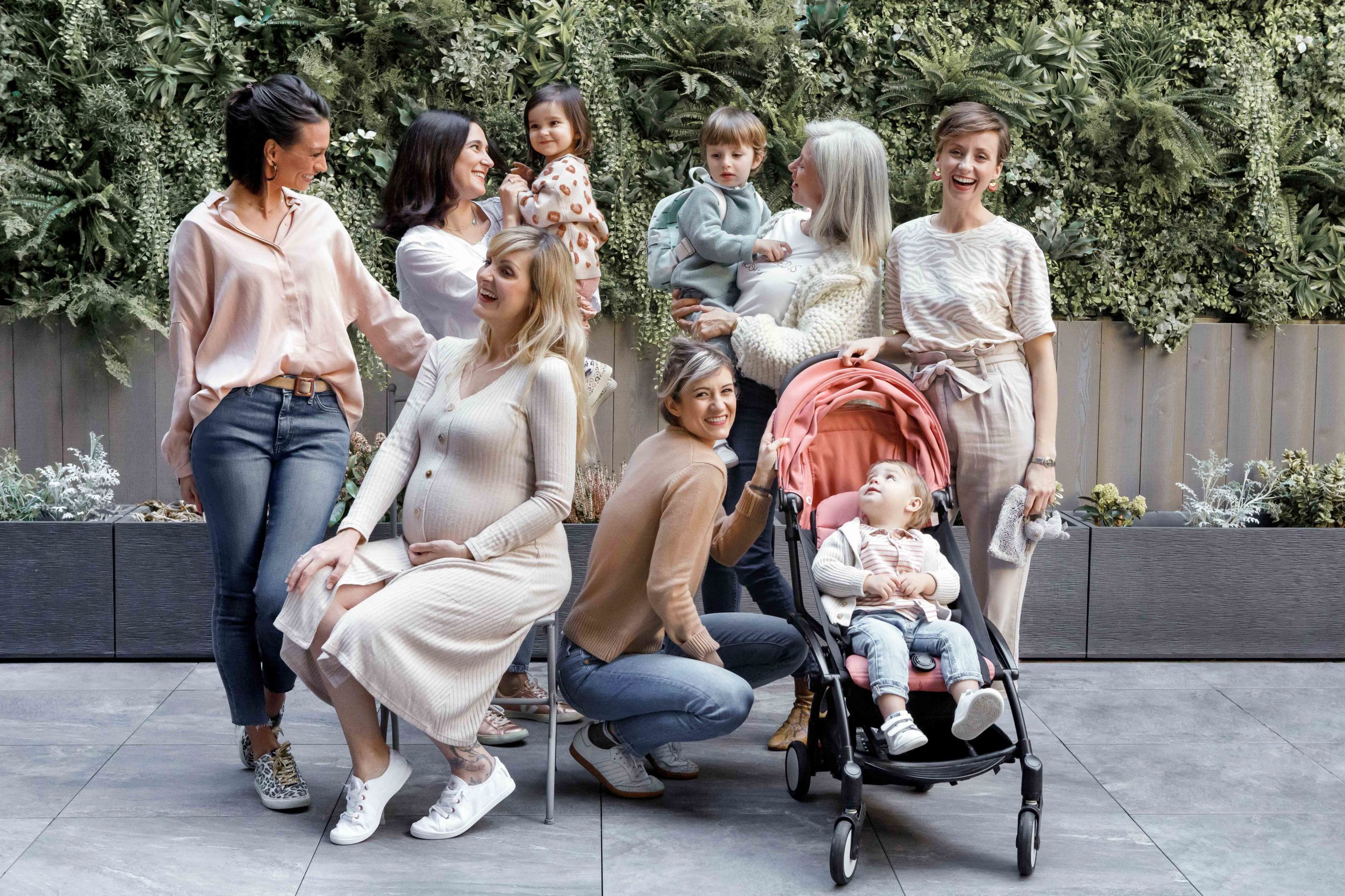
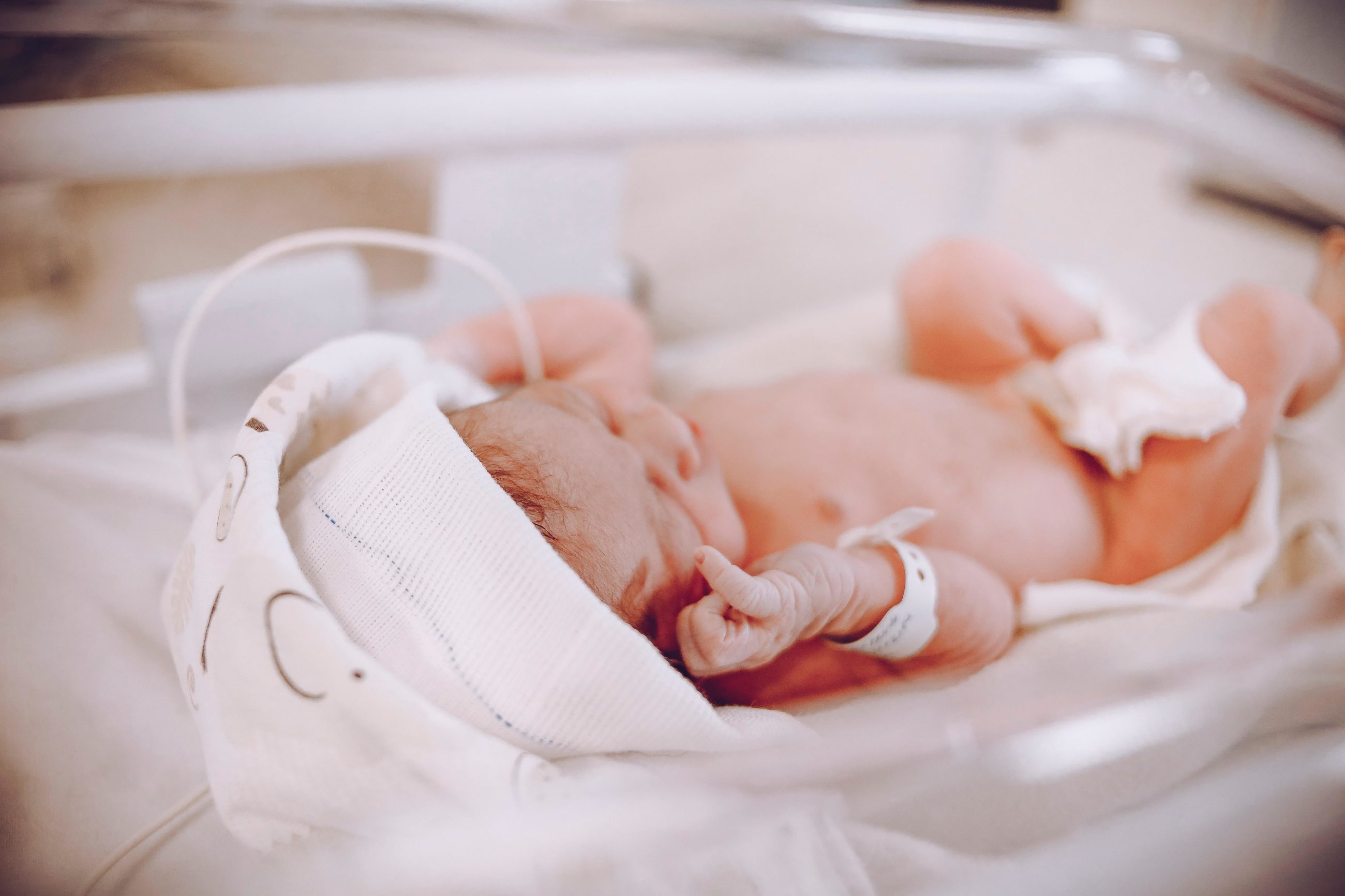
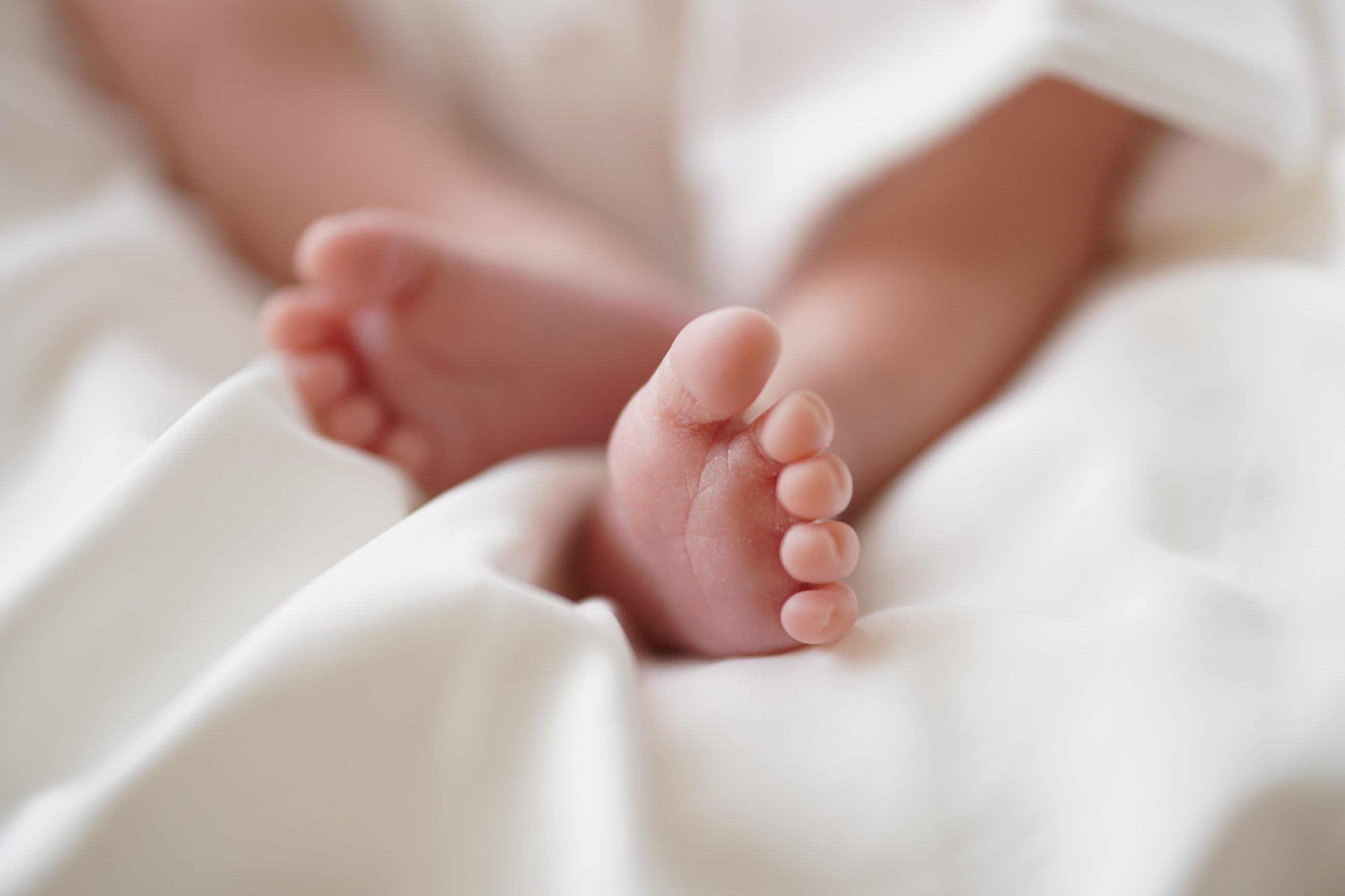
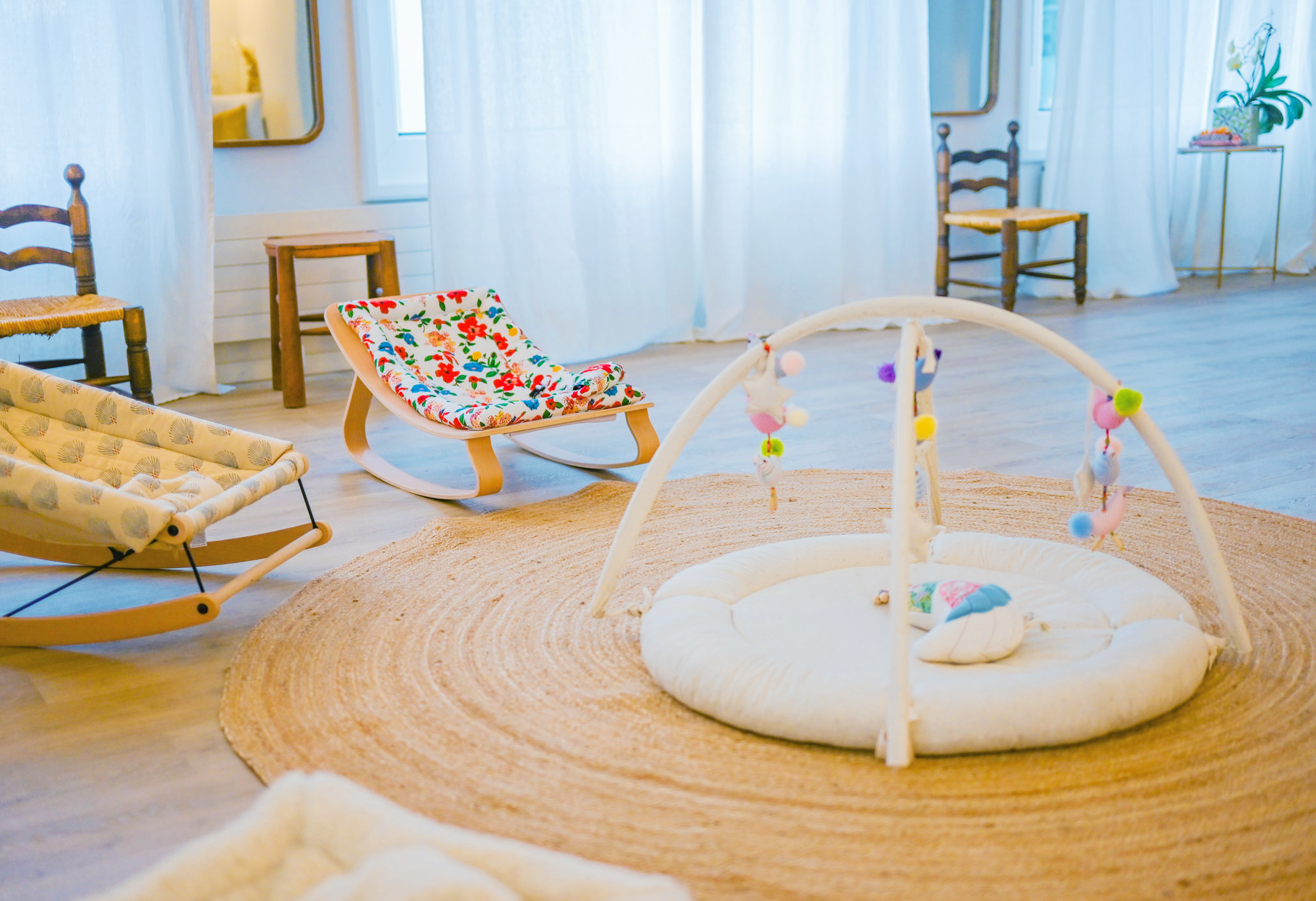


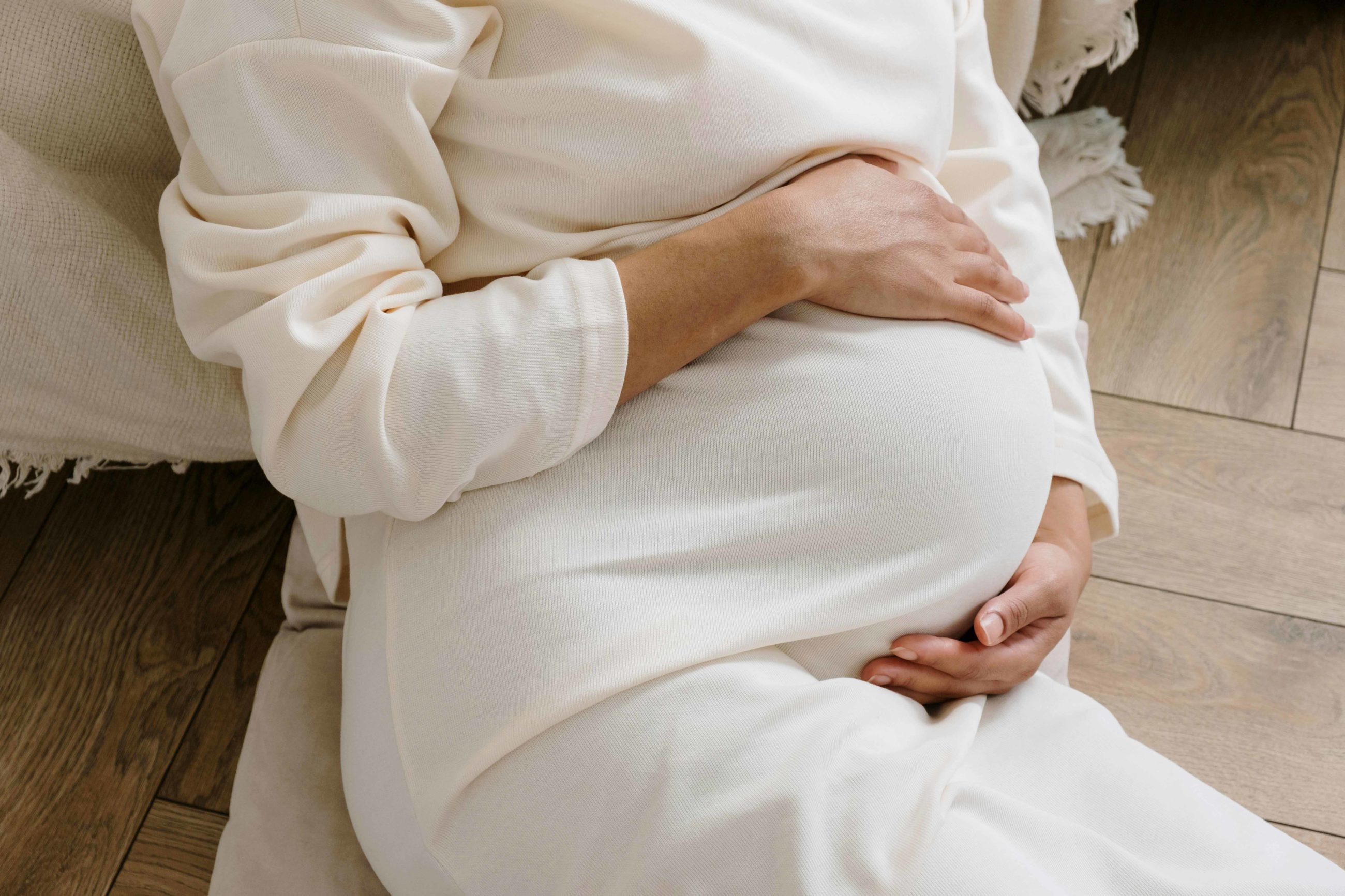

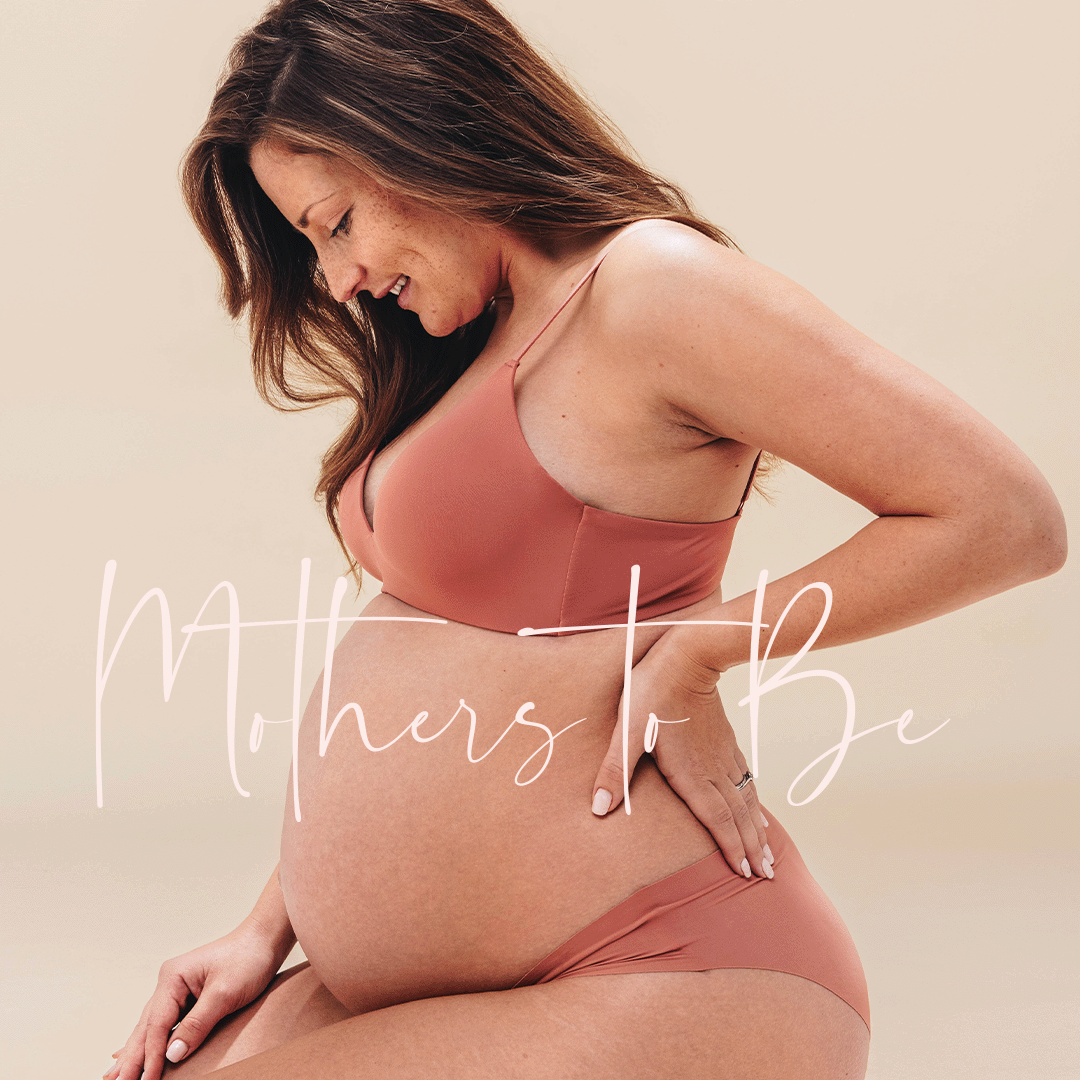








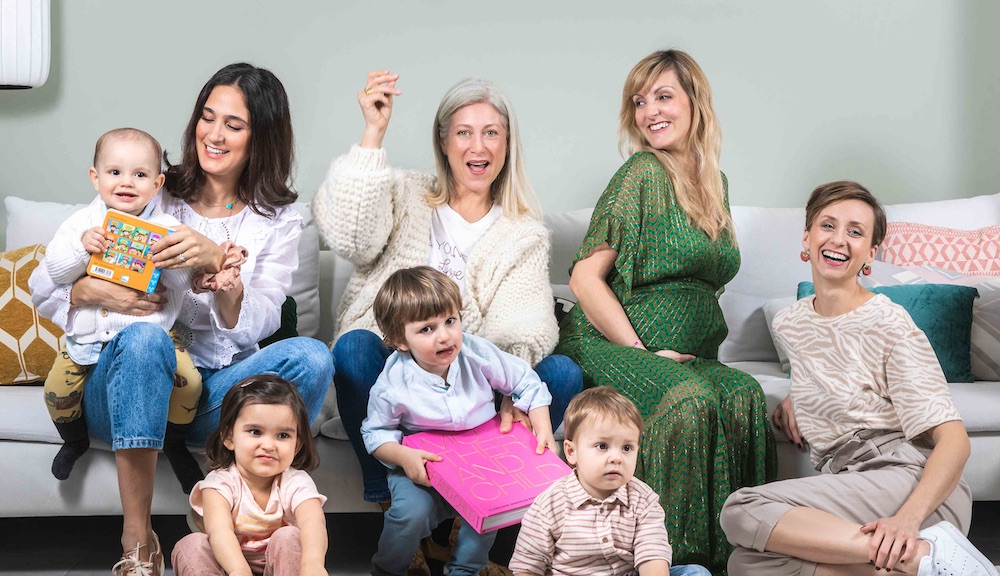
Partager cet article